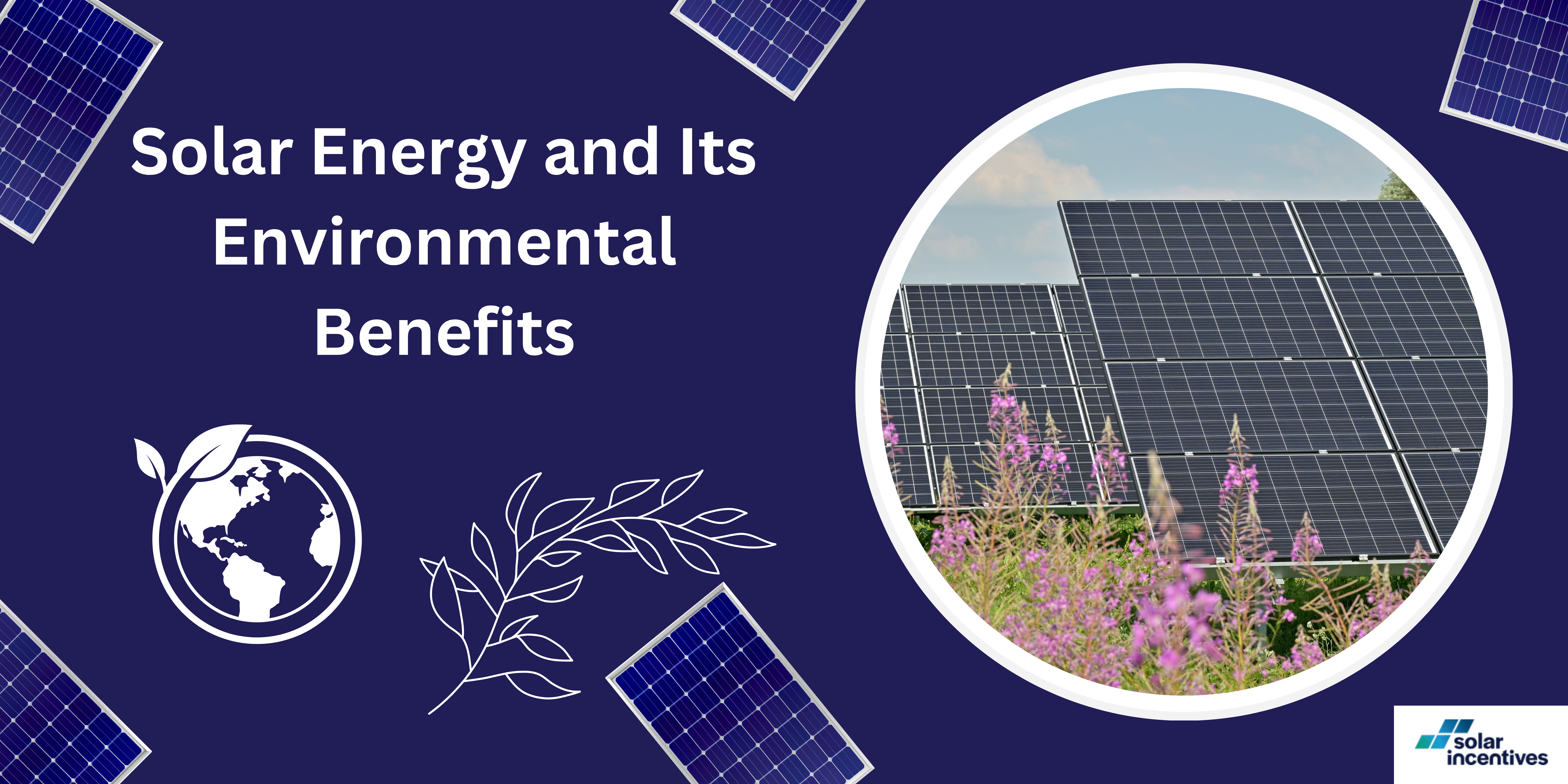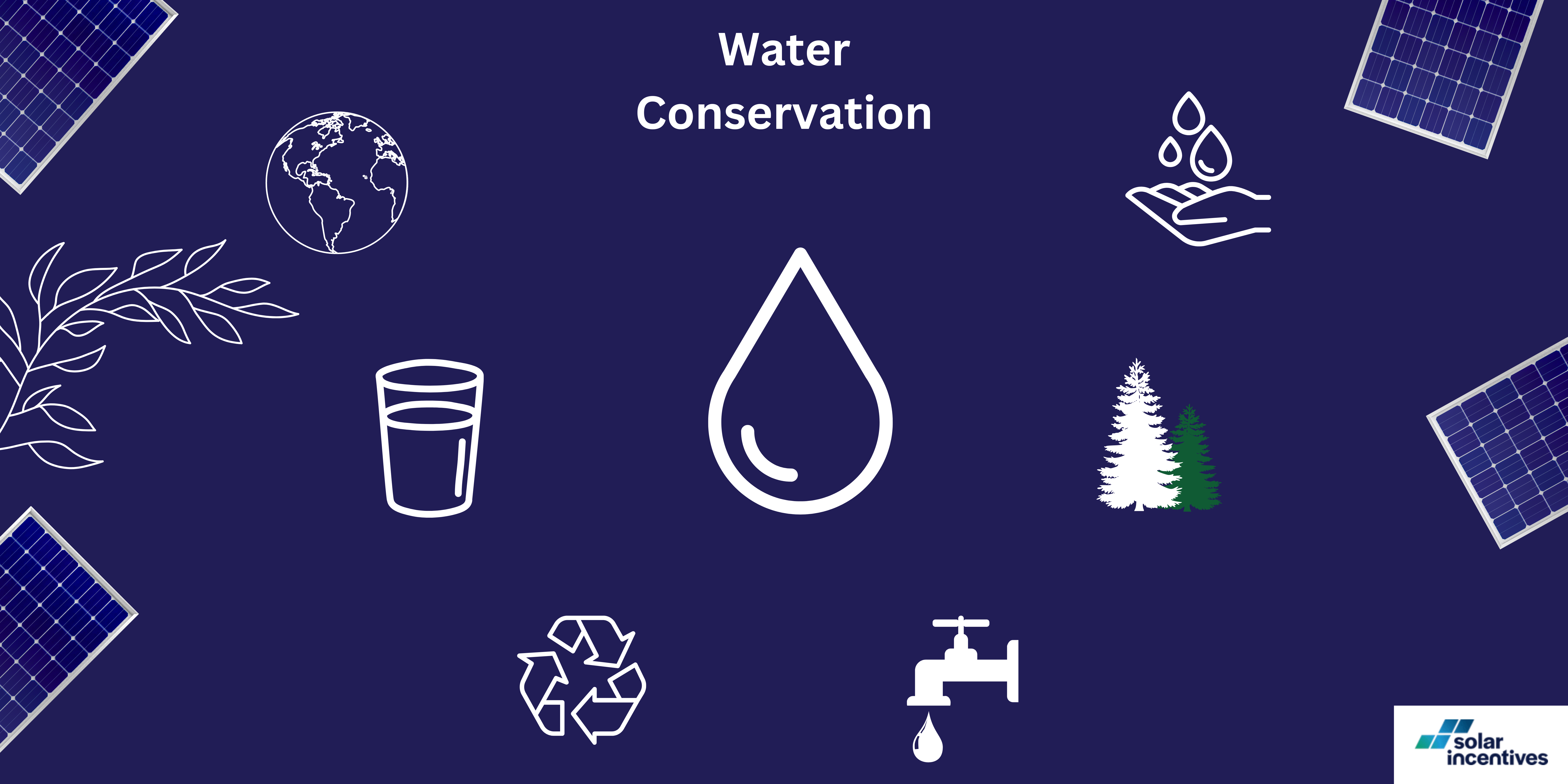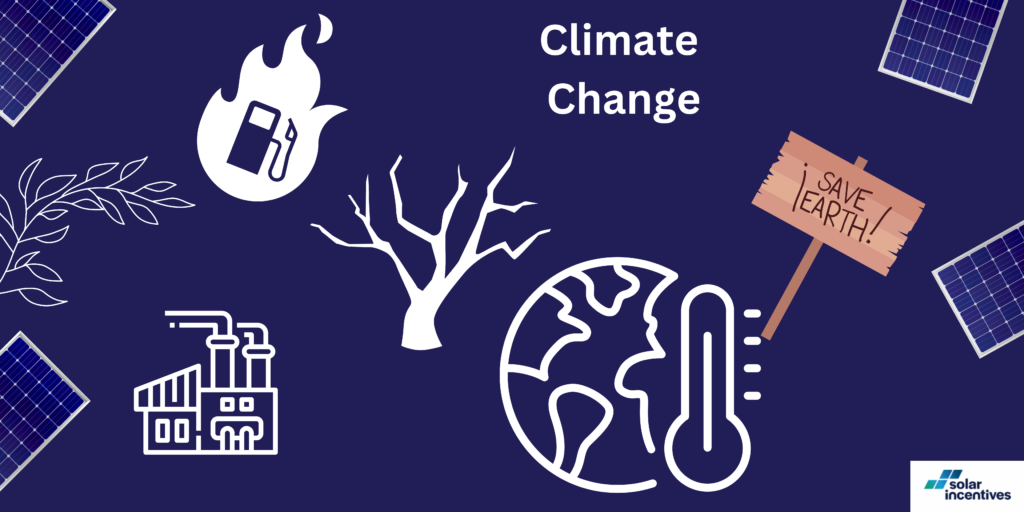Solar Energy and Its Environmental Benefits

Steve Hill
Expert in Residential and Commercial Solar Solutions and Energy Efficiency
4 min read · 11th September 2023
Each day, the sun showers our planet with abundant energy. But are we making the most of this endless, sustainable resource?
Solar energy and solar panels, symbols of modern clean energy, offer more than just electricity—they champion environmental conservation.
Through this article, we highlight the environmental benefits of solar energy, underlining its pivotal role in shaping a better world.
Solar Energy Cuts Greenhouse Gas Emissions
Ever thought about the main benefit of solar power for the environment? Well, it’s all about reducing harmful greenhouse gas emissions.
When we burn fossil fuels, like coal and natural gas, they release a lot of carbon dioxide and other pollutants into the air, causing harm to our health and the environment.
Solar energy, on the other hand, is clean, free, and never-ending as a source of green power.
Solar panels on rooftops generate electricity without creating any pollution. This means that solar energy plays a big role in cutting down on greenhouse gas emissions, which helps combat air pollution and fight climate change.
To put it in perspective, coal produces more than 16 times the amount of CO2 emissions, and natural gas produces more than 7 times the amount compared to solar energy.
So, switching to solar power is a significant step towards a cleaner, healthier planet.

Water Conservation

Did you know that traditional electricity production can consume thousands of liters of water annually?
Water is utilised for tasks such as cooling generators, processing and refining fuel, and transporting fuel via pipelines.
On average, a coal-fired power plant requires 530 liters of water to produce 1000 kWh of electricity, while generating an equivalent amount of power from natural gas demands only 38 liters of water, according to research from the Virginia Water Resources Research Center.
In contrast, solar panel electricity generation doesn’t rely on water, thus helping to conserve our vital water resources significantly.
Reduce Oil Spill Risks
One of the key benefits of solar energy is its role in lowering the chances of oil spills.
Oil spills are harmful to the environment, damaging marine life and coastal communities. Solar energy reduces our need for oil, making it a crucial safeguard for oceans and coastlines.
Using less oil means producing and transporting less of it, reducing the risk of oil spills from tankers and drilling platforms. In essence, using less electricity translates to less dependence on oil. Can you guess the greener alternative?
Combatting Climate Change

Solar energy contributes significantly to slowing down climate change because it doesn’t produce greenhouse gases.
While all energy production has some environmental impact, research shows that solar energy’s environmental footprint is much smaller than that of fossil fuels.
For comparison, coal energy can emit 800 to 1250 grams of CO2 per kWh, and natural gas can range from 360 to 575 grams of CO2 per kWh.
Solar energy, in contrast, doesn’t involve fuel combustion or emissions during electricity generation. This makes it one of the most effective ways to address the urgent issue of climate change.
Global Health
Beyond its impact on global warming, carbon emissions can seriously harm human health, affecting vital organs like the heart and lungs.
By reducing carbon and other pollutants in the air, widespread adoption of solar energy can lower the risks of heart disease, asthma attacks, and premature deaths, which are significant global health issues.
Embracing Solar Energy for a Greener World
Switching to solar and other renewable energy sources can significantly cut down on fossil fuel emissions, helping our planet combat global warming and enhance air quality.
Solar energy offers a wide range of applications and, when combined with widespread electrification, has the potential to power homes and businesses sustainably using the sun’s energy, while contributing to global health.
Utilising solar energy comes with several environmental benefits, including reduced air pollution and less strain on resources.
Although there are still some environmental challenges in the development of solar panel systems, industry leaders are actively researching solutions for these issues and more sustainable ways to deploy advanced technology.
If you’re ready to make a positive environmental impact by installing solar panels on your home, contact Solar Incentive today.
To quickly assess your home’s solar savings potential, visit Solar Incentives to see if solar panels are suitable for your roof and estimate potential savings on your utility bills.
Article By
Steve Hill
Steve Hill has a rich background in the solar energy sector and is dedicated to empowering consumers with knowledge, particularly in residential and commercial solar solutions, solar batteries, and energy efficiency products.
Steve enjoys sharing his wealth of experience, offering practical advice, and learning about the latest trends and innovative solutions in the world of solar energy.

